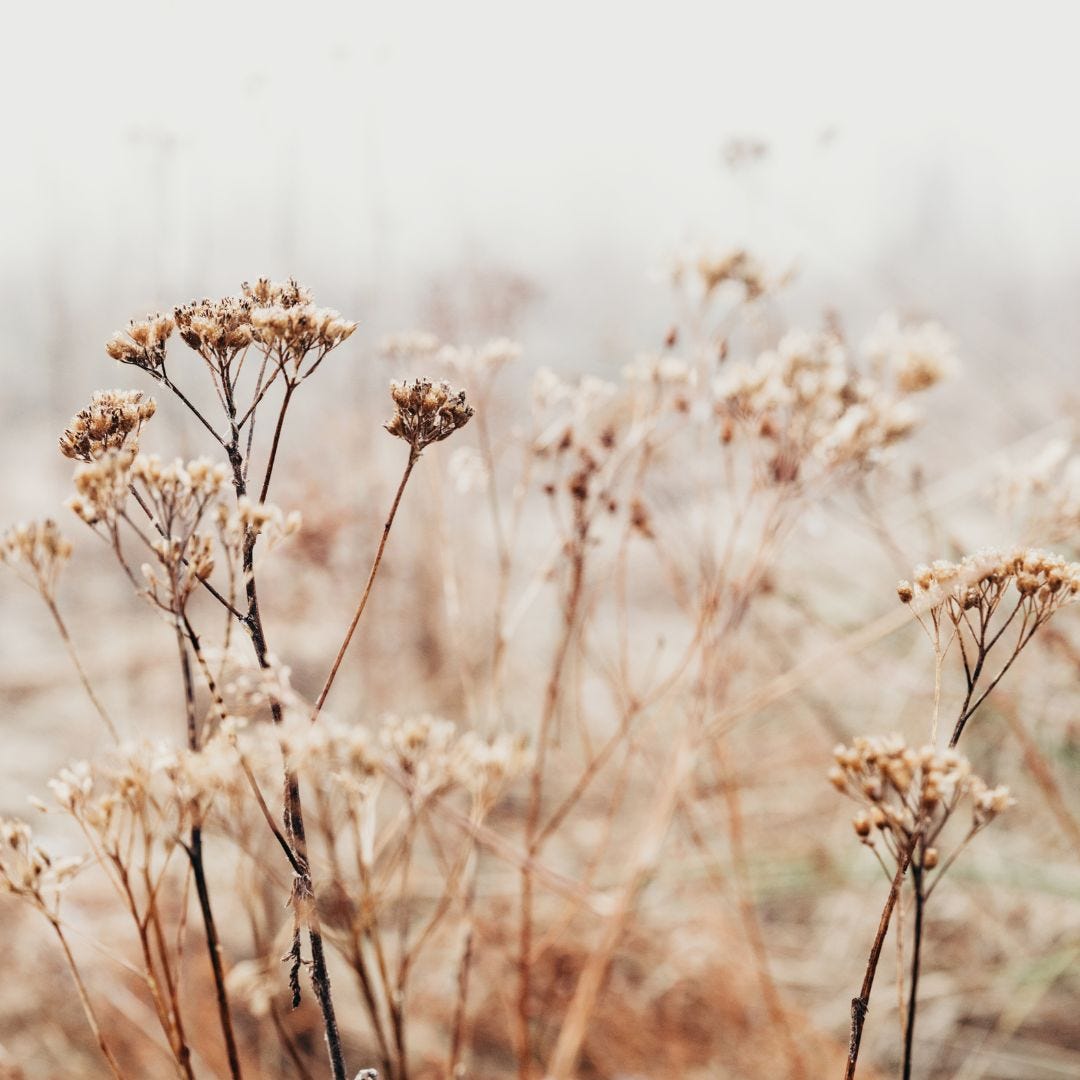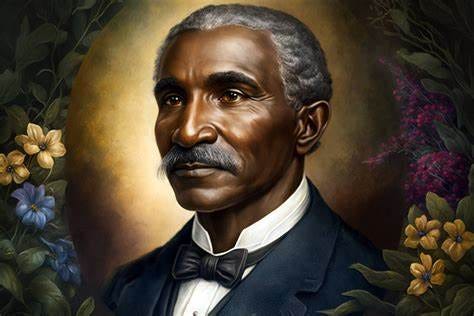Module 2: Rootwork & Hoodoo Herbalism – Standards, Practices, and Comparing Traditions
Evolving Standards in Rootworking and Plantcestors Practices
As proficient Plantcestors, Rootworkers, and Hoodoo herbalists, we continually aim to align our practices with self-love, our higher power, and our most Aligned Ancestors.
Here is a list of standards that I belive we strive for in our work as Rootworkers, Plantcestors Community; please note that these will constantly evolve as your practices deepen. Life is forever changing, and nothing is set in stone.
1. Centered on Self-Love & Ancestors: We prioritize self-love, aligning with our highest selves and ancestors. Our work—whether in rites, remedies, or rituals—should always be done with the highest integrity in mind, thought, and process.
2. Full Capacity And No "F'kin" Half-Stepping: We engage in our work when we are capable, offering our whole selves rather than a partial presence. If you are not rested and well, you take care of that before serving others.
3. Godfidence & Ancestral Purpose: We honor why our Ancestors chose us, serving with “Godfidence”—the confidence that our path is divinely guided, whether we serve ourselves, our family, or our community.
4. Botanical Wisdom & Knowledge: We know the plants, roots, and minerals that we work with intimately, including their identification, properties, interactions, and usage. Our approach to plant medicine integrates education, spirituality, and cultural context.
5. Detailed Documentation: Record-keeping is very essential. We track the effects of how the plants, herbs, and roots work on ourselves and our clients, maintaining a history of each preparation’s outcomes.
6. Client & Self-Tracking: Following up with clients (and ourselves) helps us maintain clear, focused practice. Multiple sources and approaches can create confusion, so educating clients on staying consistent with one trusted source helps ensure effective healing. Too many cooks in the kitchen are not a good thing, and if there are many cooks, are they working together for the highest good of the client? In this Modern day of information, you will see people mixing and matching workers’ work and information and making a big ball of mismatched, affecting outcomes. You can’t be doing too many multi-different workings at once.
7. Good Manufacturing Practices (GMP): As taught by Elders and mentors, following GMP (from both the FDA and our Ancestors) ensures our products are safe and of high quality. This includes maintaining cleanliness and honoring traditional preparation methods. Yes, the FDA has its own practices, but many lineages have their own cleaning rituals and cleanliness standards incorporated to meet the colonial standards and your Ance’s standards.
8. Walking the Middle Path: As Hoodoo herbalists, Rootworkers, and Plantcestor community workers, we hold space without as much negative judgment, understanding that life is full of gray areas. If an issue arises that we can’t handle with objectivity, we may pass it on to someone else. Walking the middle path means being self-aware, open-minded, and working with integrity. For Example, if someone comes to you that is the other woman or man/ side piece, and they want to break free from the sidepiece cycle of life of sleeping with all their friend's partners, can you help them if your best friend/ partner cheated on you, sometimes work exposes us to our own healing that we have to do and issues we may need to address as well
9. Checking Personal Alignment: Listen to your body and mind. If you’re not in alignment, refrain from doing rites or rituals. Create space to check in with yourself, ensuring you’re prepared to serve others.
10. Honoring Patience in Creation: Some herbal remedies take time to create; if oil or perfume requires months or even years to develop, yes, you heard me, years to develop and to be able to use it is about putting some respect that this is a journey. This journey of patience connects us to the Wisdom of our Ancestors and the plants themselves, not a microwave process.
11. Ancestral Connection: This practice is rooted in diverse lineages. We have to be honest that tribes were taken from all over and thrown together to make a new tribe, the African American tribe/ Black Folk. Studying plants and roots within herbal medicine is a profound blessing, connecting us through generations of intertribal connections and fusions to become a new tribe and forced to be reckoned with, and this fosters a deep spiritual and cultural bond. We are cousins whether you like it or not
Comparing African American/ Black Herbalism Vs. A Western Herbalism Theories And Practicum Approach
1. Cultural Origins & Context
• African American/ Black Herbalism: Rooted in intertribal Wisdom brought to the Americas by enslaved Africans, this tradition weaves African spirituality, folklore, and deep community learning. Coming together as a unit as well as individual work, healing is a holistic, culturally integrated practice involving the Ancestors, the natural world, and the supernatural realms as well as your health's emotional, physical, and spiritual aspects all play a part in Black Herbalism I will discuss this more in later classes.
• Western Herbalism: Developed primarily from many European Origins, such as ancient Greek, Roman, and various European traditions, Western herbalism emphasizes Eurocentric scientific approaches and the pharmacological effects of plants. Often systematic and clinical, it focuses on measurable effects and studying chemical constituents within plants, roots, and other organic materials for body needs.
2. Philosophical Approach
• African American / Black Herbalism: Combines Studying science with spiritual senses, or you can Ancestral Wisdom or "intuition," community knowledge, and ancestral practices with scientific understanding. Healing is a co-creative journey involving dreams, visions, and intuitive Wisdom passed down through generations.
• Western Herbalism emphasizes evidence-based practice and the scientific study of plants. While more holistic approaches are becoming common, the tradition still leans toward clinical applications and documented efficacy. The humors possess certain qualities associated with elements, energetics, emotions, and seasons.
The Four Humors
● Black Bile – fall; earth; fecal matter, cold and dry; bleak and quiet, drying out, turning over, releasing
● Phlegm –winter; water; wet, mucus; coughing, coolness to cold and phlegmatic can also be a relaxed and peaceful state of the body
● Blood –spring; air; blood; warm and moist; sanguine (optimistic and social and flowing, energetic and pleasant
● Yellow Bile –summer; fire; vomit; heat, warm, creating, birthing, and dry; choleric (ambitious and restless and can have anger in the body
George Washington Carver
May He Rest Well In The Land Of The Ancestors
These are different in African American/ Black Herbalism. And Will Discuss In Class When We Get To That Portion







